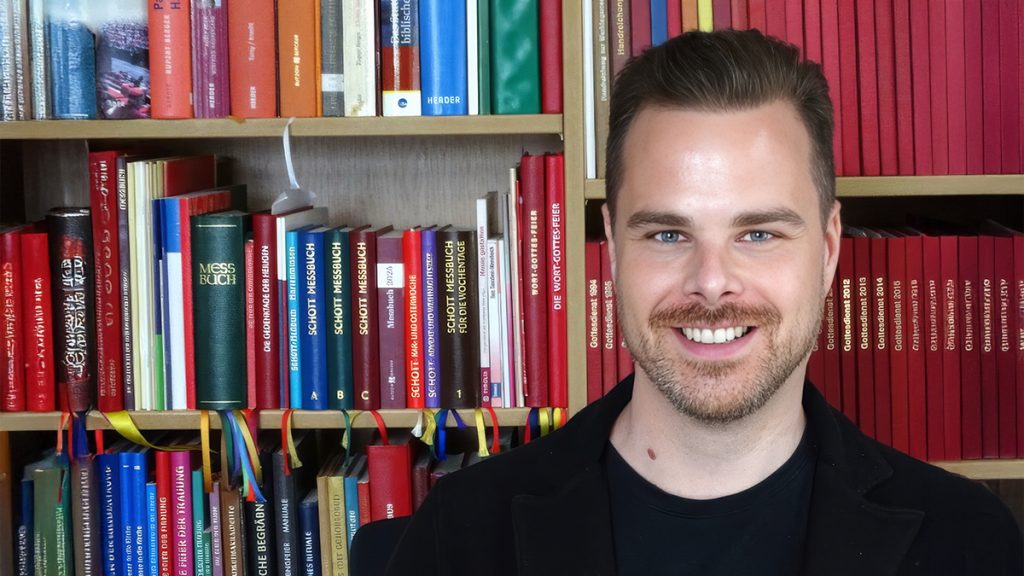In several German dioceses, baptism is no longer reserved solely for priests and deacons.
For some years now, women and men who are not ordained have been officially commissioned as extraordinary ministers of baptism.
This step responds to the shortage of priests while also providing new pastoral impulses.
Essen leads the way
The Diocese of Essen was the first in Germany to take this path in 2022. Bishop Franz-Josef Overbeck commissioned 17 pastoral and parish ministers as extraordinary baptismal ministers.
That number has since grown to nearly 50.
At this year’s commissioning celebration, Overbeck emphasized that the decision was not only due to the shortage of priests and deacons but also to a “lack of pastorally experienced and approachable Christians.”
He stressed the importance of catechesis and creating spaces in which children and families can grow in faith.
Rottenburg-Stuttgart follows
The Diocese of Rottenburg-Stuttgart soon followed. A decree by Bishop Gebhard Fürst came into effect on Nov. 1, 2022, authorizing pastoral and parish ministers to administer baptism after training and episcopal commissioning.
The first training course took place in 2023, with 26 participants commissioned. Due to high demand, a second course began in 2024. The diocese noted that there are not enough “ordinary ministers of baptism” to ensure both baptisms and theological preparation.
Osnabrück’s experimental phase
In the Diocese of Osnabrück, Bishop Franz-Josef Bode introduced a three-year experimental phase shortly before his resignation in 2023.
According to the new regulations, both full-time and volunteer laypeople with theological and pastoral qualifications can be commissioned. The initiative especially involves those already working in baptismal preparation.
Baptisms are celebrated according to the official ritual, The Order of Baptism for Children, with ministers wearing liturgical vestments.
A wider German-speaking practice
Essen, Rottenburg-Stuttgart, and Osnabrück now belong to the first German dioceses to commission laypeople for baptism. They join a practice long established elsewhere: in the Diocese of Linz in Austria and the Diocese of Basel in Switzerland, lay ministers have been entrusted with baptisms for many years.
A shift in pastoral vision
These developments show that commissioning laypeople as extraordinary baptismal ministers is more than a local experiment.
It reflects a rethinking that takes pastoral realities seriously and seeks new approaches to sacramental catechesis. How the practice will develop in Germany remains to be seen, but it is already clear that it has found its place in the wider life of the Church.

- Dr Manuel Uder is editor of the journal Gottesdienst and a staff member of the German Liturgical Institute.

